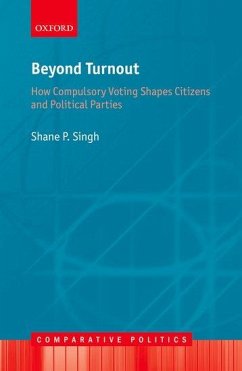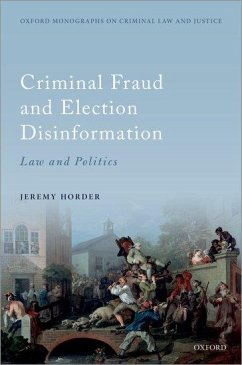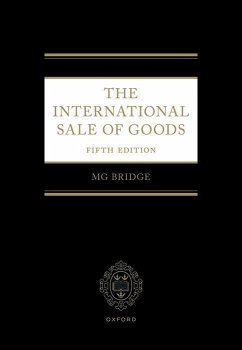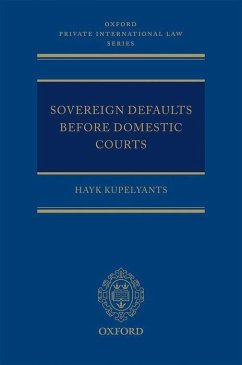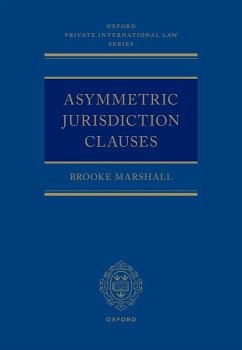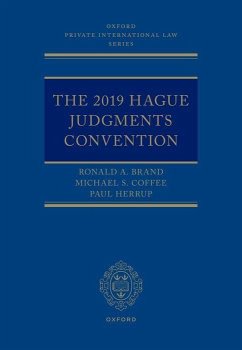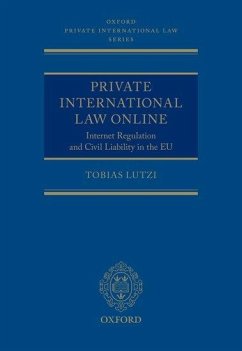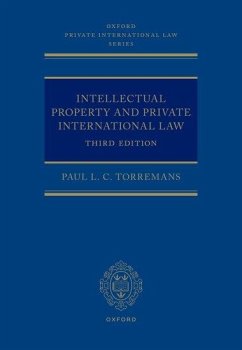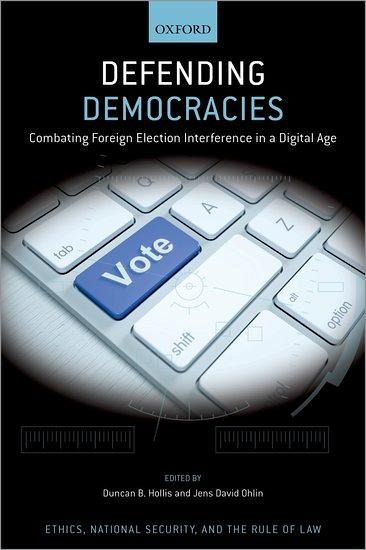
Defending Democracies
Combating Foreign Election Interference in a Digital Age
Herausgeber: Ohlin, Jens David; Hollis, Duncan B
Versandkostenfrei!
Versandfertig in über 4 Wochen
157,99 €
inkl. MwSt.
Weitere Ausgaben:

PAYBACK Punkte
79 °P sammeln!
Election interference is one of the most widely discussed international phenomena of the last five years. Defending Democracies seeks to bring domestic and international perspectives on elections and election law into conversation with other disciplinary frameworks, presenting a broad array of solutions.




